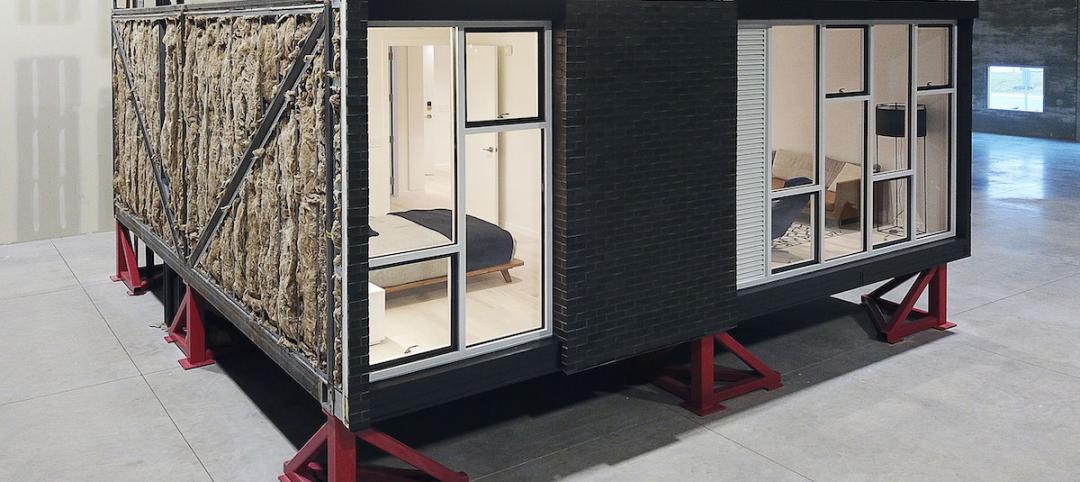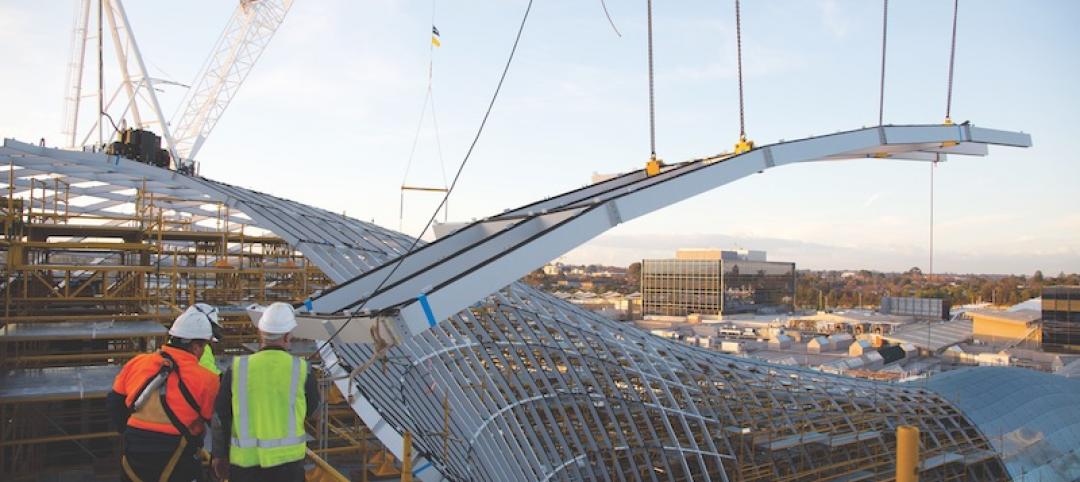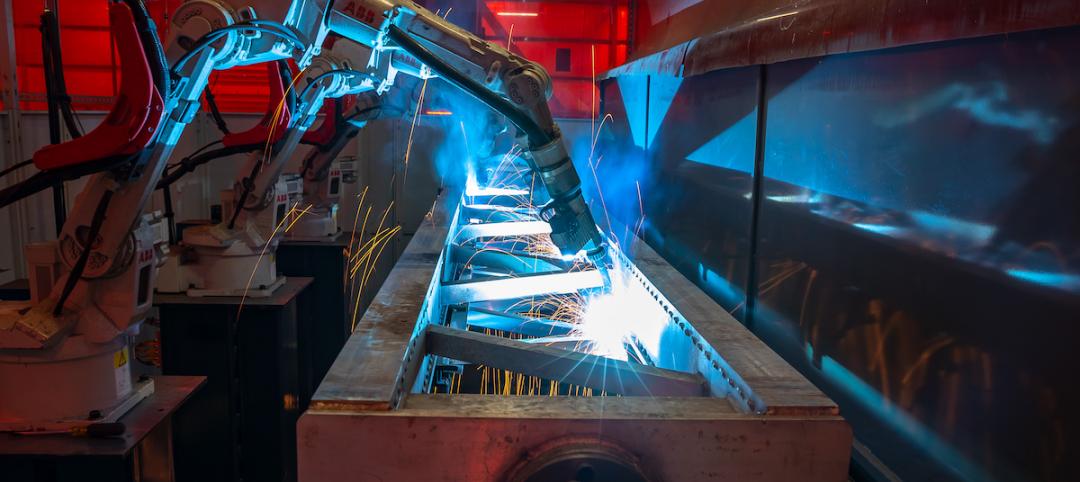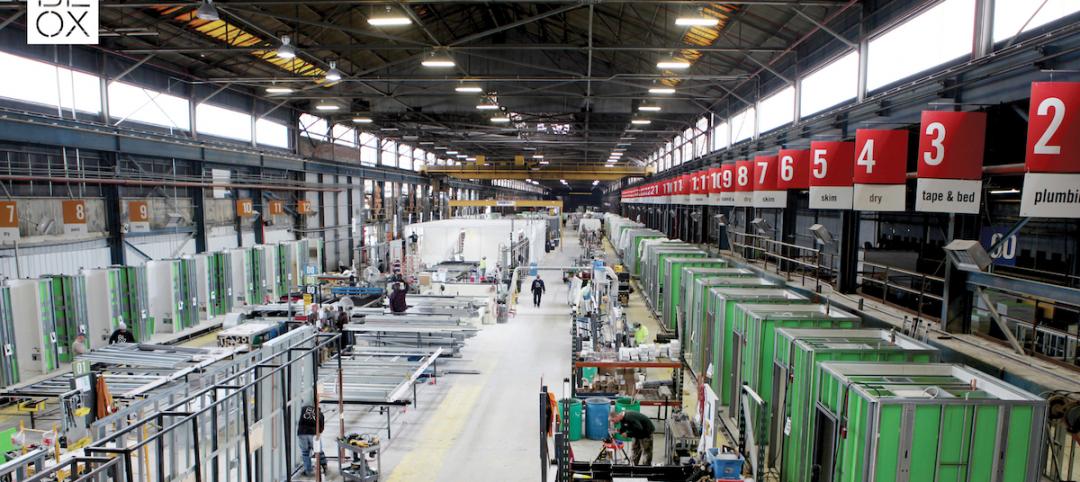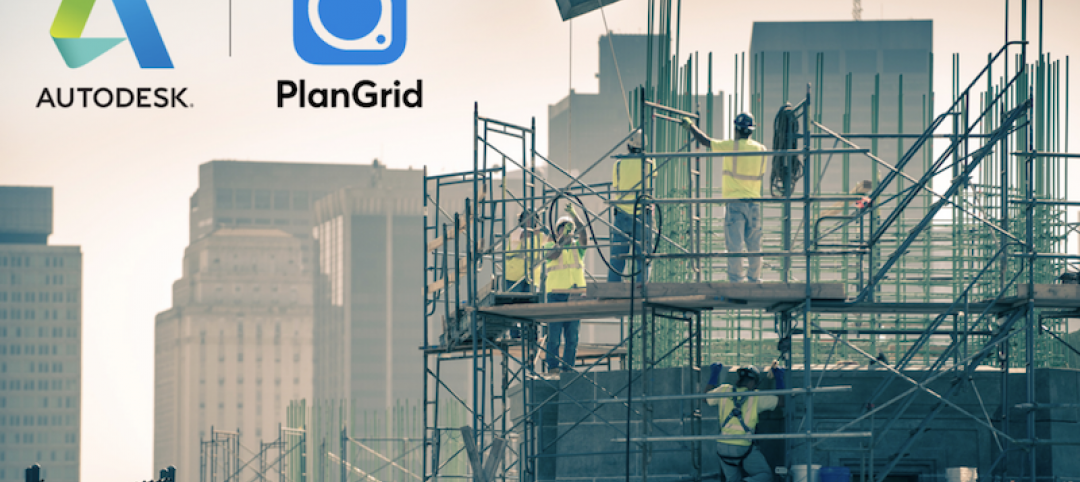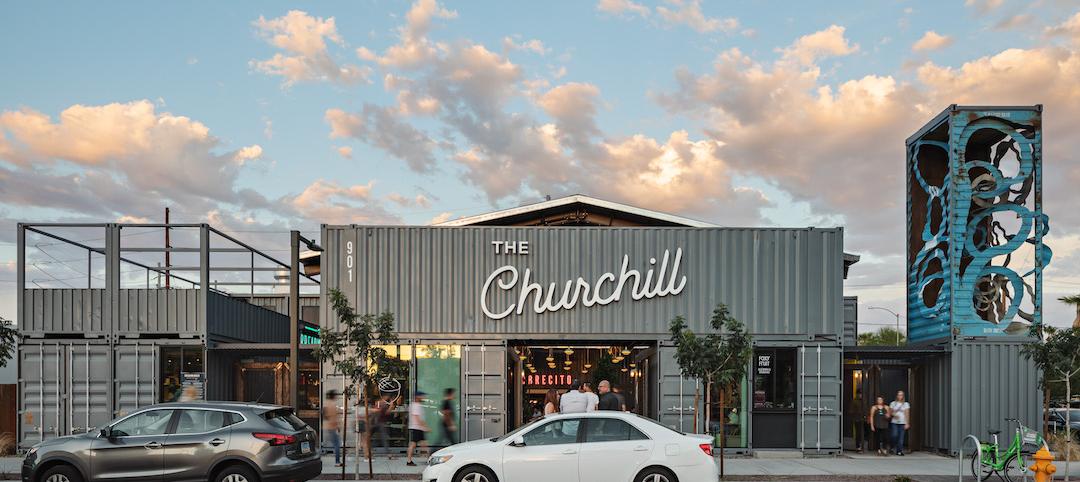As cities across the world ease Coronavirus lockdown restrictions, it is important to ensure that the elevators used by millions of people every day remain a comfortable, efficient and secure way of transportation. thyssenkrupp Elevator offers several options to create a clean and healthy car environment, aiming to reduce the risk of virus transmissions.
To ensure peace of mind for passengers, the company is focusing on three pillars: hygiene, social distancing and touchless technologies that prevent the spread of infection in elevators and escalators in public places. Many of those innovations will remain relevant even after the pandemic.
“The pandemic is definitely accelerating some interesting trends in the elevator industry. thyssenkrupp Elevator is well equipped for the current challenges. We have been exploring several technologies in recent years, such as smart spaces monitoring, remote operation, robots for sanitizing spaces and many more. Today, we have appropriate solutions to protect passengers during the pandemic. Moreover, we also provide innovative technologies for tomorrow that go beyond today’s urban mobility,” says Peter Walker, CEO of thyssenkrupp Elevator.
Hygienic or clean technologies range from handrail sanitization to thermal cameras that detect infected passengers. To clean the air in the cabins efficiently, thyssenkrupp Elevator uses air purification with special filters as well as UV-based solutions.
Touchless technologies include using a special kick-button where the passenger can call a cabin with a simple toe tap instead of touching a pad or button by hand. Experts foresee that touchless technologies will achieve a high adaption in many areas. Forward-thinking technologies like the kick button are solutions that are expected to remain viable in both the short- and long-term.
Social distancing is the third pillar of thyssenkrupp Elevator’s strategy to fight the pandemic. As such, thyssenkrupp Elevator has developed a special Social Distancing Service, which includes traffic monitoring for elevator systems. This service helps tenants stay safe by limiting elevator passengers per cabin so physical distance can be maintained. With the Social Distancing Service, thyssenkrupp Elevator assesses the elevator traffic to help balance building congestion risks with social distancing needs. Based on the needs, the company changes the dispatching software to limit the number of passengers assigned to each elevator car. Using data captured by the predictive maintenance IoT solution MAX, thyssenkrupp Elevator also provides data and information about traffic changes, so passenger wait times and social distancing needs can be balanced.
Related Stories
Building Tech | Apr 8, 2019
Factory-based construction with no siloes starts with a single source of truth
Working from a single source of truth means every factor of design, procurement, manufacturing, and assembly will be accounted for before the assembly line is turned on.
Building Tech | Mar 19, 2019
Digital twin startup aims to map the planet's metros
The Smart World suite of 5D software platforms map and visualize data provided by metropolises to an intuitive real-time 3D simulation.
Digital Twin | Mar 15, 2019
Digital twin applications: 7 steps to a better-managed jobsite
Automated progress monitoring and optimizing equipment usage are among the potential applications for digital twin technology on construction jobsites.
Digital Twin | Mar 15, 2019
The Gemini Factor: Digital twin tech enters the AEC market
AEC firms explore how digital twin technology can bring more consistency to the design process and construction site.
Building Tech | Mar 13, 2019
Almost everything you wanted to know about industrial construction
Our experts offer 15 tips on how best to perform factory-based construction.
Building Tech | Feb 18, 2019
Investing — and building — smarter
Edge Technologies has entered into alliances with the International WELL Building Institute and wellness-focused real estate developer Delos.
Building Tech | Feb 14, 2019
The epic rise of industrialized construction
Experts project that prefabrication and modular construction will total $209 billion by the end of the decade.
Building Technology | Dec 20, 2018
Autodesk is spending $1.15 billion to acquire two construction tech providers
PlanGrid and BuildingConnected are the latest pieces in the company’s quest to digitize the construction industry.
3D Printing | Dec 7, 2018
Additive manufacturing heads to the jobsite
Prototype mobile 3D printing shop aims to identify additive manufacturing applications for construction jobsites.
Building Tech | Sep 6, 2018
19 decommissioned shipping containers become downtown Phoenix’s hottest marketplace
September 1 marked the opening of downtown Phoenix’s newest restaurant and retail marketplace—and its latest commercial construction project to utilize decommissioned shipping containers as its primarily building form.



